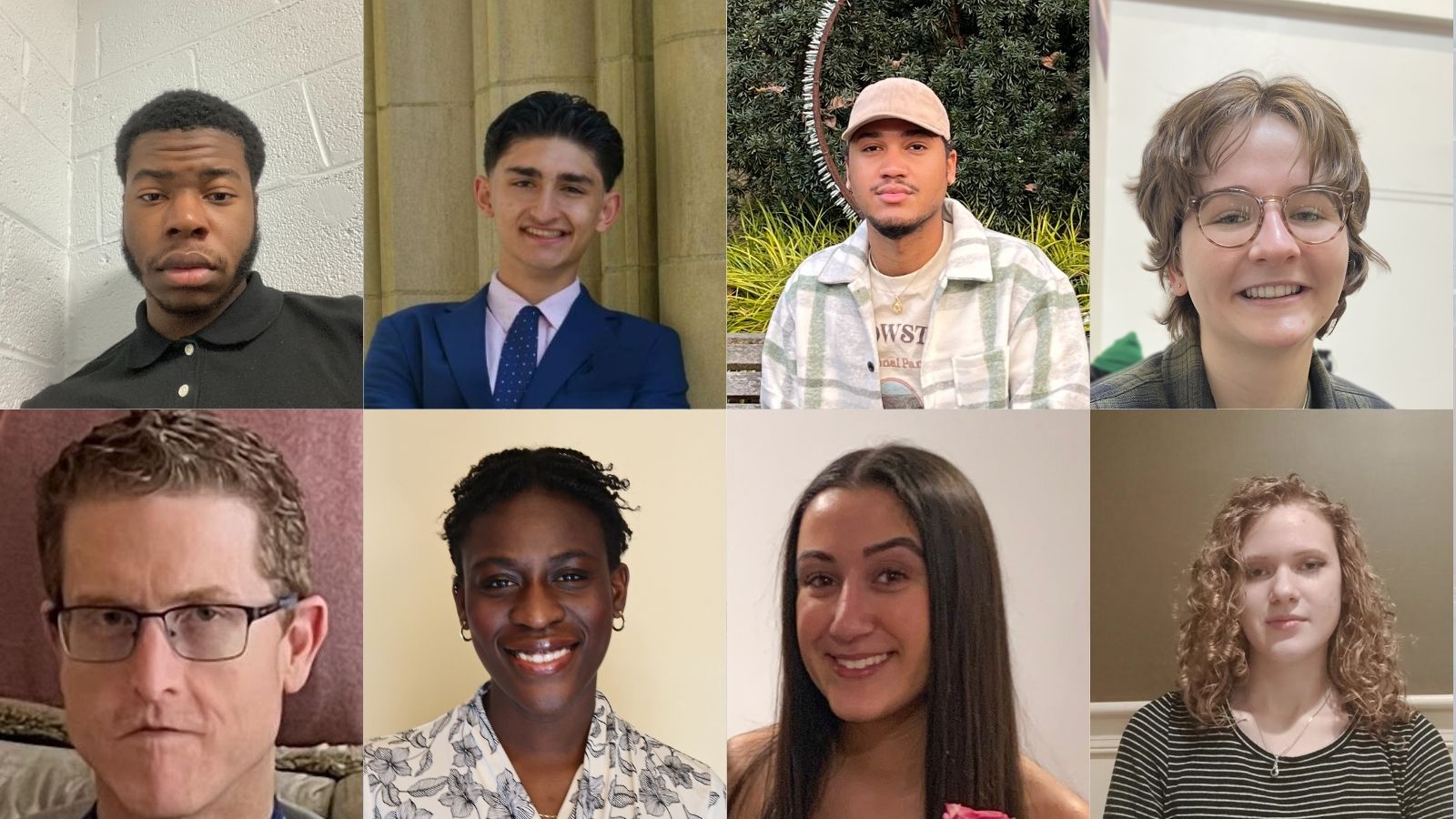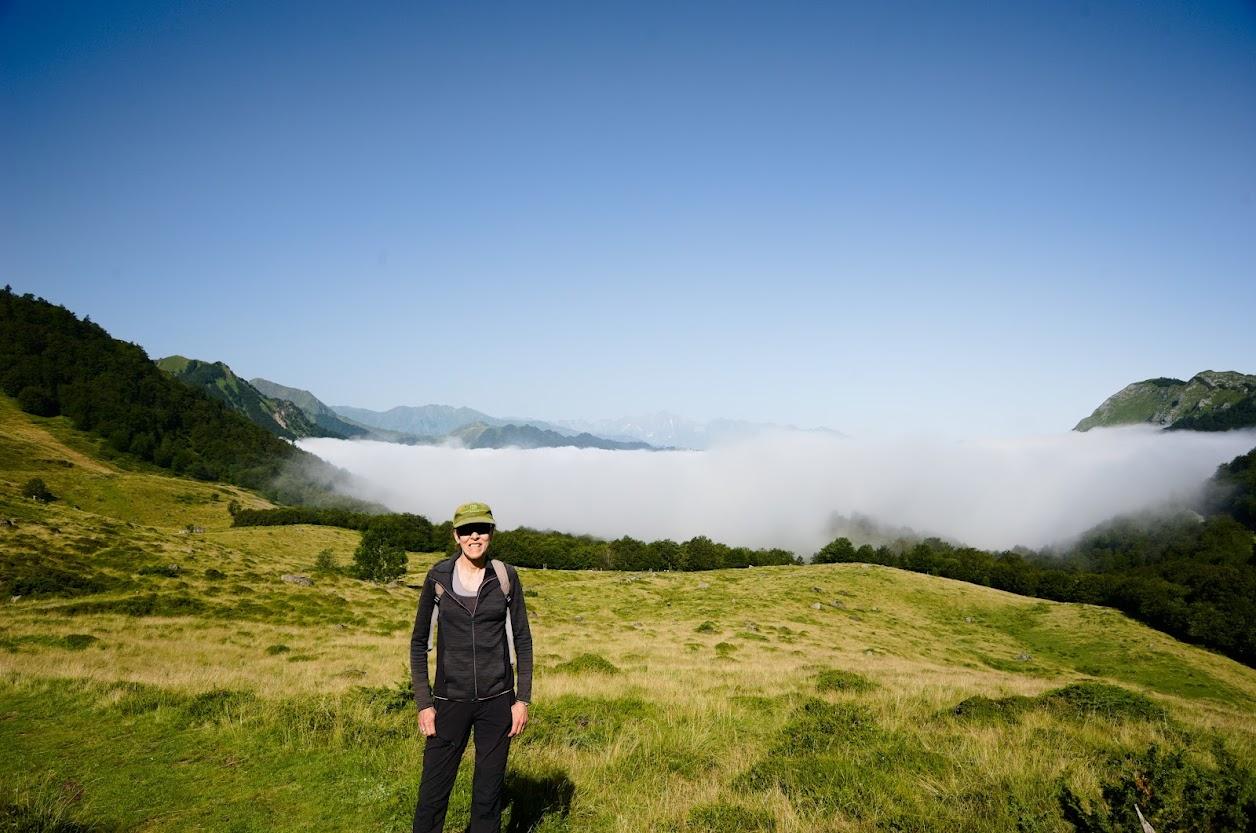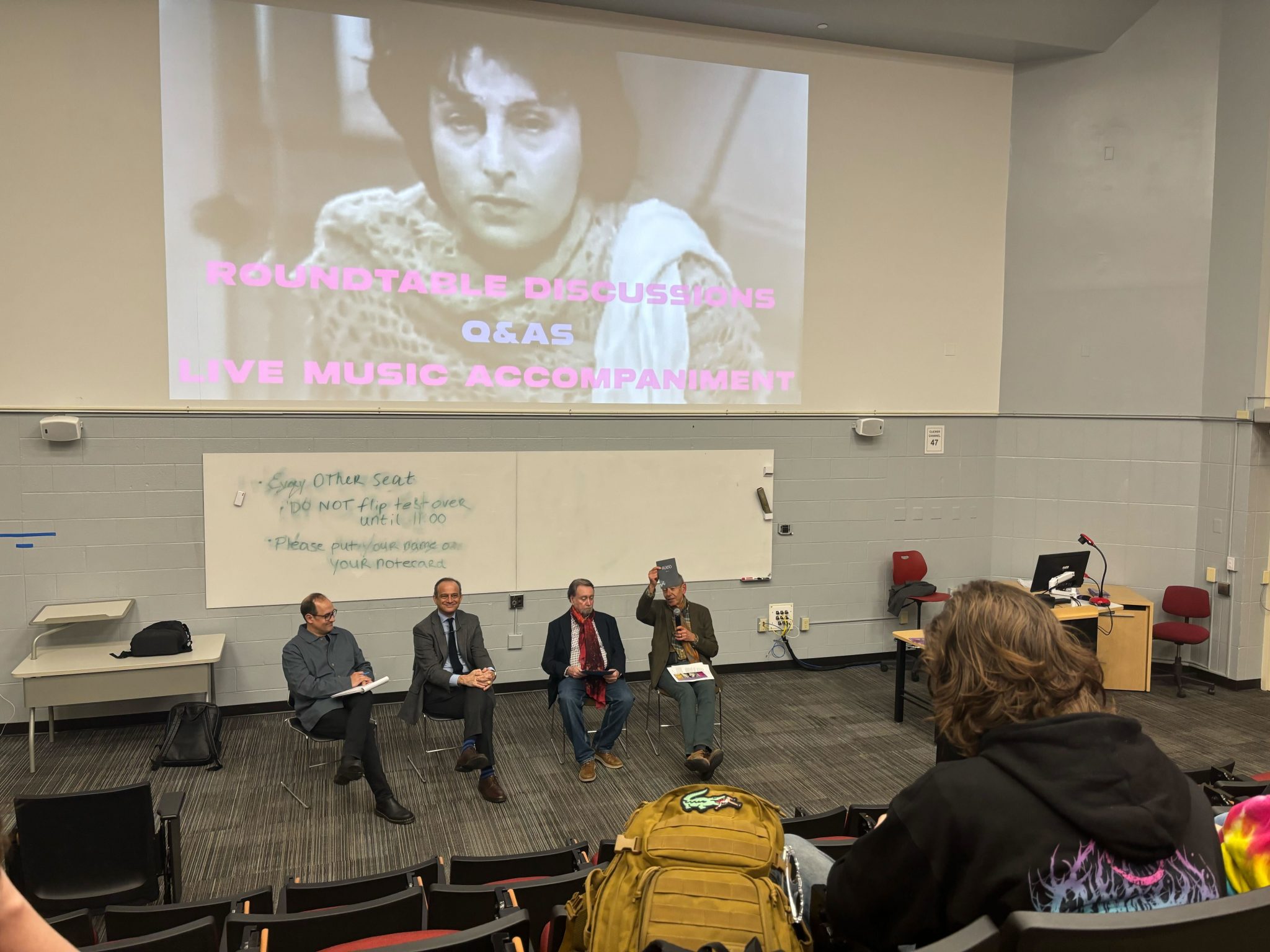University of Maryland School of Languages, Literatures, and Cultures Home
Welcome to the School of Languages, Literatures, and Cultures in the College of Arts and Humanities at the University of Maryland, College Park.
The School is a transdisciplinary teaching and research unit. Our students, faculty, and staff investigate and engage with the linguistic, cultural, cinematic, and literary worlds of speakers of Arabic, Chinese, French, German, Hebrew, Italian, Japanese, Korean, Persian, Portuguese, Russian, and Spanish, as well as questions surrounding Second Language Acquisition and Cinema and Media Studies.
We invite you to learn more about our undergraduate and graduate degrees, our fields of study, and special programs like the Language House Living and Learning Program, the Language Partner Program, the Persian Flagship and Arabic Flagship Programs, Project GO, and the Summer Language Institutes.
Explore Languages, Literatures, and Cultures at UMD
Degrees
Undergraduate and Graduate Degrees
The School of Languages, Literatures, and Cultures offers numerous undergraduate and graduate degrees in 12 languages and 16 different fields.
Fields
Fields of Study
Faculty, students and staff investigate and engage with numerous languages and fields, often through interdisciplinary and transdisciplinary research and study.
Special Programs
Special Programs
SLLC offers several special language-learning programs, including the Arabic and Persian Language Flagships, the Summer Institute and the Language House Living and Learning Program.
Centers
Centers
The school is home to two centers, Roshan Center for Persian Studies, a landmark institution for the promotion of Persian language and culture, and the Center for East Asian Studies, which promotes the study and appreciation of East Asian cultures by offering a wide range of scholarly, artistic and community programs.
People
Faculty, Staff and Graduate Students
Search our directory to learn about our faculty, staff, and graduate students.
FACULTY, STAFF AND GRAD STUDENTSNews and Announcements View All News
Research and Innovation
Recent Research ActivitiesResearch and Innovation
Digital Collection "The Missing Link"
The primary goal of this project is to bring to light 16th-century colonial events that happened in the Eastern United States and shaped the history of both the US and Spain.
Author/Lead: Carmen Benito-VesselsNon-ARHU Contributor(s): This StoryMaps Collection was supported by the GIS and Data Service Center at University of Maryland Libraries.
An interactive guide to accompany Carmen Benito-Vessels’ research about early modern Spain and the early modern United States.
Interview posted in Big10 Geoportal "Finding “The Missing Link”: An Interview with Carmen Benito-Vessels".
Utilizing ASReview in screening primary studies for meta-research in SLA: A step-by-step tutorial
SLA students and faculty introduce an AI-powered research tools for meta-research
Author/Lead: Bronson Hui, Yazhuo Quan, Tetiana TytkoCongratulations to SLA students and faculty, Yazhuo Quan, Tetiana Tytko, and Bronson Hui, on publishing a methodological paper in Research Methods in Applied Linguistics. In this article, the authors introduce an AI application for researchers engaging in meta-research (research on research) in the field. The article is open access and available here (https://doi.org/10.1016/j.rmal.2024.100101). Part of the training received by the students was sponsored by the Faculty-Student Research Grant from the Graduate School awarded to Bronson Hui.
Quan, Y., Tytko, T., & Hui, B. (2024). Utilizing ASReview in screening primary studise for meta-research in SLA: A step-by-step tutorial. Research Methods in Applied Linguistics, 3(1), 100101. https://doi.org/10.1016/j.rmal.2024.100101
National Edowment of the Humanities Summer Stipend Grant for the project:"Algiers as a ‘Realm of Memory’ in Contemporary Algerian Literature of French Expression"
Under what historical conditions is a city, and a postcolonial city at that, transformed into a 'site of memory'?"
Author/Lead: Valerie OrlandoContributor(s): Valerie Orlando
The award of an NEH Summer Stipend provides the time and resources to make significant progress on my forthcoming book project, tentatively titled ”Algiers as ‘Realm of Memory’ in Contemporary Algerian Literature of French Expression, which engages with postcolonial and decolonial theory (Mignolo, Walsh, Achille, Vergès, Apter) in order to respond to a question proposed by Algerian scholar Réda Bensmaia in his book Experimental Nations, or the Invention of the Maghreb: “Under what historical conditions is a city, and a postcolonial city at that, transformed into a ‘site of memory’?”
Choose the SLLC
Land Acknowledgement
Every community owes its existence and strength to the generations before them, around the world, who contributed their hopes, dreams, and energy into making the history that led to this moment.
Truth and acknowledgement are critical in building mutual respect and connections across all barriers of heritage and difference.
So, we acknowledge the truth that is often buried: We are on the ancestral lands of the Piscataway People, who are the ancestral stewards of this sacred land. It is their historical responsibility to advocate for the four-legged, the winged, those that crawl and those that swim. They remind us that clean air and pristine waterways are essential to all life.
This Land Acknowledgement is a vocal reminder for each of us as two-leggeds to ensure our physical environment is in better condition than what we inherited, for the health and prosperity of future generations.
Office of Diversity and Inclusion



